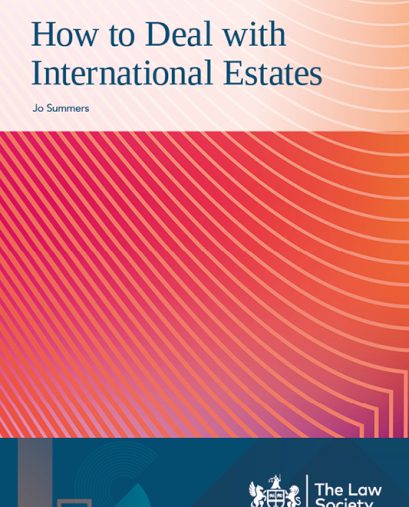Time Bars on Contractual Claims under English Law
Further Guidance from the Courts
The other day I came across the English Court of Appeal decision in Nobahar-Cookson & Ors v The Hut Group Ltd [2016] EWCA Civ 128 which involved a dispute over the terms of a share purchase agreement. It caught my eye as it is another case in which the subject of contractual time bars for the giving of notices is discussed. The language used in the share purchase agreement bears some similarities to the FIDIC Yellow Book language which was considered by the Technology and Construction Court in Obrascon Huarte Lain SA v Her Majesty’s Attorney General for Gibraltar [2014] EWHC 1028 (TCC) and so may be of interest to those involved with construction-related documentation.
In Nobahar-Cookson the subject-matter of the appeal was a clause imposing a time bar on the Buyers for bringing certain warranty claims against the Sellers. The wording of the clause was as follows:
“The Sellers will not be liable for any Claim unless the Buyer serves notice of the Claim on the Sellers (specifying in reasonable detail the nature of the Claim and, so far is practicable, the amount claimed in respect it) as soon as reasonably practicable and in any event within 20 Business Days after becoming aware of the matter.”
Much revolved around the meaning of the term “Claim” and the phrase “becoming aware of the matter” and which of three alternative constructions of the phrase “aware of the matter” should be preferred, namely:
(a) aware of the facts giving rise to the Claim (even if unaware that those facts did give rise to a claim);
(b) aware that there might be a claim under the warranties; and,
(c) aware of the Claim, in the sense of an awareness that there was a proper basis for the Claim.
Having dismissed alternative (b) for its commercial uncertainty, the Court concluded that the ambiguities in this exclusion clause are properly to be resolved by having recourse to the narrower of two available interpretations which benefited the Buyers, namely alternative (c) above (i.e. that time runs from the Buyers having become aware that they can make a Claim rather than upon awareness of the underlying facts giving rise to the right to Claim). The Court observed that, because of the impact that alternative (a) above (which benefited the Seller) would have on the Buyers’ entitlement to compensation for no sensible purpose, much clearer language would need to be adopted for the clause to be interpreted as contended for by the Sellers.
In Obrascon the relevant time bar wording is:
“20.1 If the Contractor considers himself to be entitled to any extension of the Time for Completion…under any Clause of these Conditions or otherwise in connection with the Contract, the Contractor shall give notice to the Engineer, describing the event or circumstance giving rise to the claim. The notice shall be given as soon as practicable, and not later than 28 days after the Contractor became aware, or should have become aware, of the event or circumstance.
If the Contractor fails to give notice of a claim within such period of 28 days, the Time for Completion shall not be extended, the Contractor shall not be entitled to additional payment, and the Employer shall be discharged from all liability in connection with the claim. Otherwise, the following provisions of this Sub-Clause shall apply…”
The Court considered that this condition precedent bites once there is either awareness by the contractor or the means of knowledge or awareness of the event or circumstances justifying a claim. This seems to be consistent with the position taken by the Court of Appeal in Nobahar-Cookson. The Court further stated that the clause was not to be construed strictly against the contractor but rather “reasonably broadly”, given its serious effect on any potential claim.
If you have any questions, please contact Paul.
Paul de Cordova Consultant Solicitor - Commercial +44 (0) 20 7846 2370 paul.decordova@jurit.comPlease note this paper is intended to provide general information and knowledge about legal developments and topics which may be of interest to readers. It is not a comprehensive analysis of law nor does it provide specific legal advice. Advice on the specific circumstances of a matter should be sought.








